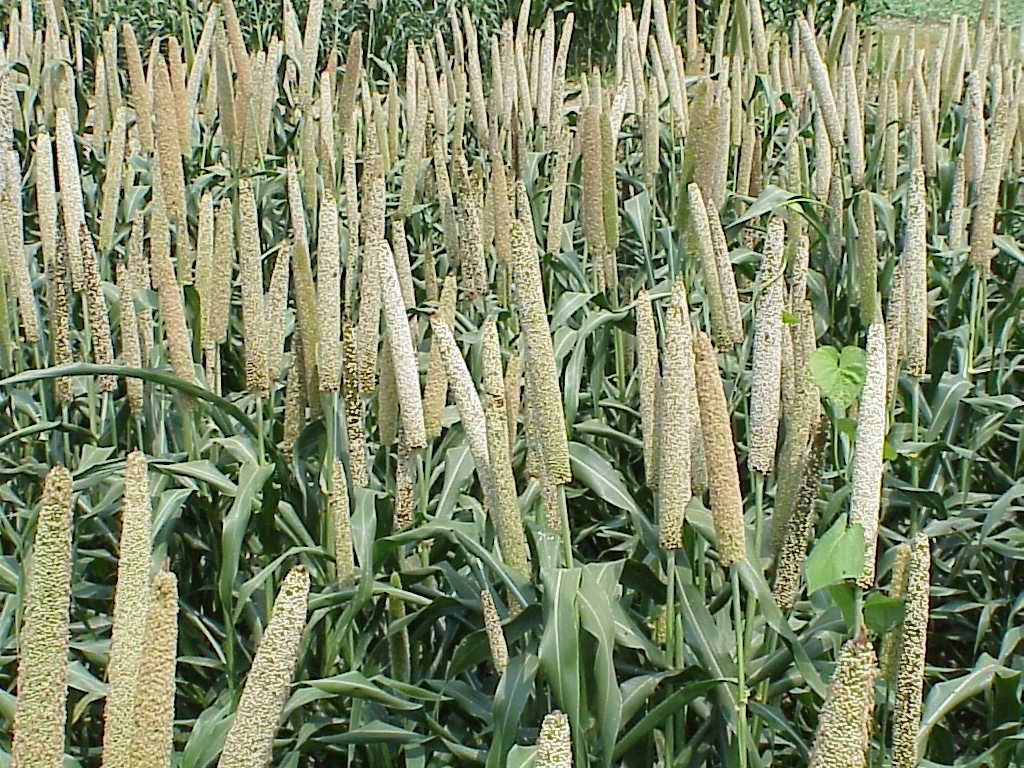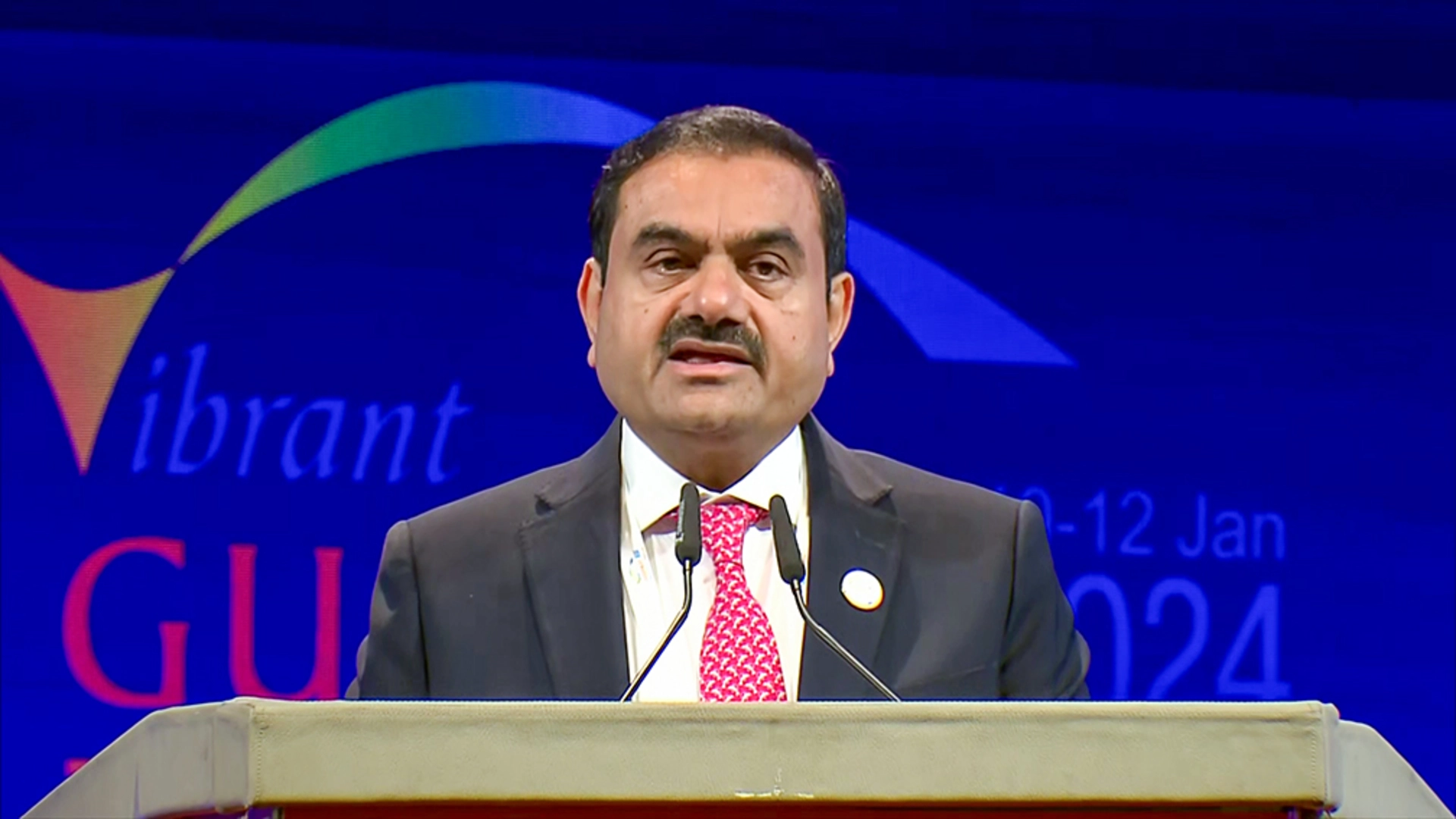
In recent years, there has been a growing interest in adopting healthier eating habits and exploring alternative grains. One such group of grains that has gained popularity is millets. Millets are a diverse group of small-seeded grasses. However, with the rise of social media and the spread of health misinformation, the misinformation about millets has been widely spread.
Health misinformation is all over the internet, and unfortunately, misinformation about millets is no exception. As with any trending food, various claims and assertions about millets’ health benefits have emerged, some of which are not backed by scientific evidence. It is crucial to separate fact from fiction, rely on credible sources for accurate information and stay safe from misinformation about millets.
One common piece of health misinformation about millets is that they are a cure-all for various health conditions. While millets do offer numerous health benefits, such as being rich in dietary fibre, essential minerals, and antioxidants, they should not be seen as a magical solution to all ailments. Incorporating millets into a balanced diet can certainly contribute to overall health, but they should be part of a holistic approach to wellness that includes a variety of nutritious foods and a healthy lifestyle.
Another common misinformation about millets is that they are gluten-free. While it is true that some millet varieties, such as finger millet (ragi), are gluten-free, others, like pearl millet (bajra) and sorghum (jowar), contain small amounts of gluten-like proteins. This health misinformation can be particularly misleading for individuals with celiac disease or gluten intolerance who are seeking gluten-free alternatives. It is important to check labels and consult reliable sources to stay away from misinformation about millets.
Additionally, there has been health misinformation that says millets can aid in weight loss due to their high fibre content. While millets are indeed fibre-rich, promoting satiety and aiding digestion, weight loss is a complex process influenced by various factors such as calorie intake, physical activity, and overall dietary patterns. Relying solely on millets for weight loss without considering other aspects of a healthy lifestyle may lead to unrealistic expectations. It is essential to approach weight loss with a balanced approach and consult a healthcare professional or a registered dietitian for personalised advice.
To navigate the sea of health misinformation, it is crucial to rely on reputable sources for accurate information about millets. Scientific studies, government health agencies, and registered dietitians can provide evidence-based insights into the health benefits and potential risks associated with millets. They can help debunk myths and offer practical recommendations on how to incorporate millets into a well-rounded diet. In conclusion, millets are indeed a healthy addition to one’s diet, offering a range of nutritional benefits. However, it is vital not to fall victim to health misinformation that may circulate on the internet or social media. Health misinformation about millets can create unrealistic misinformation about millets and prevent individuals from making informed decisions about their dietary choices. It is always advisable to consult reliable sources and healthcare professionals to stay away from health misinformation and obtain accurate information regarding millets. By approaching the topic with critical thinking and relying on credible sources, individuals can enjoy the health benefits of millets while avoiding the pitfalls of health misinformation.
The autho is a Certified Nutritionist and Medical Content Analyst with The Healthy Indian Project (THIP) – A Health Literacy Platform















